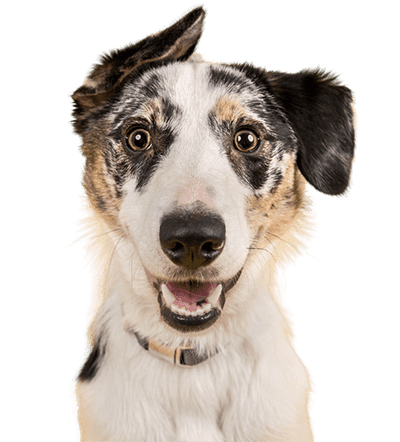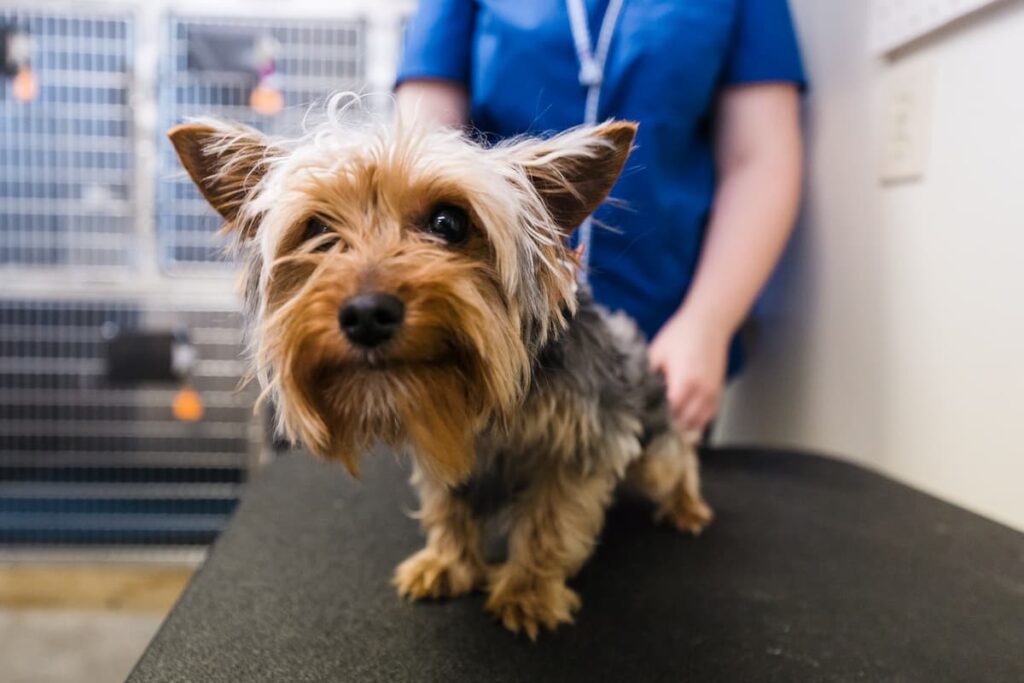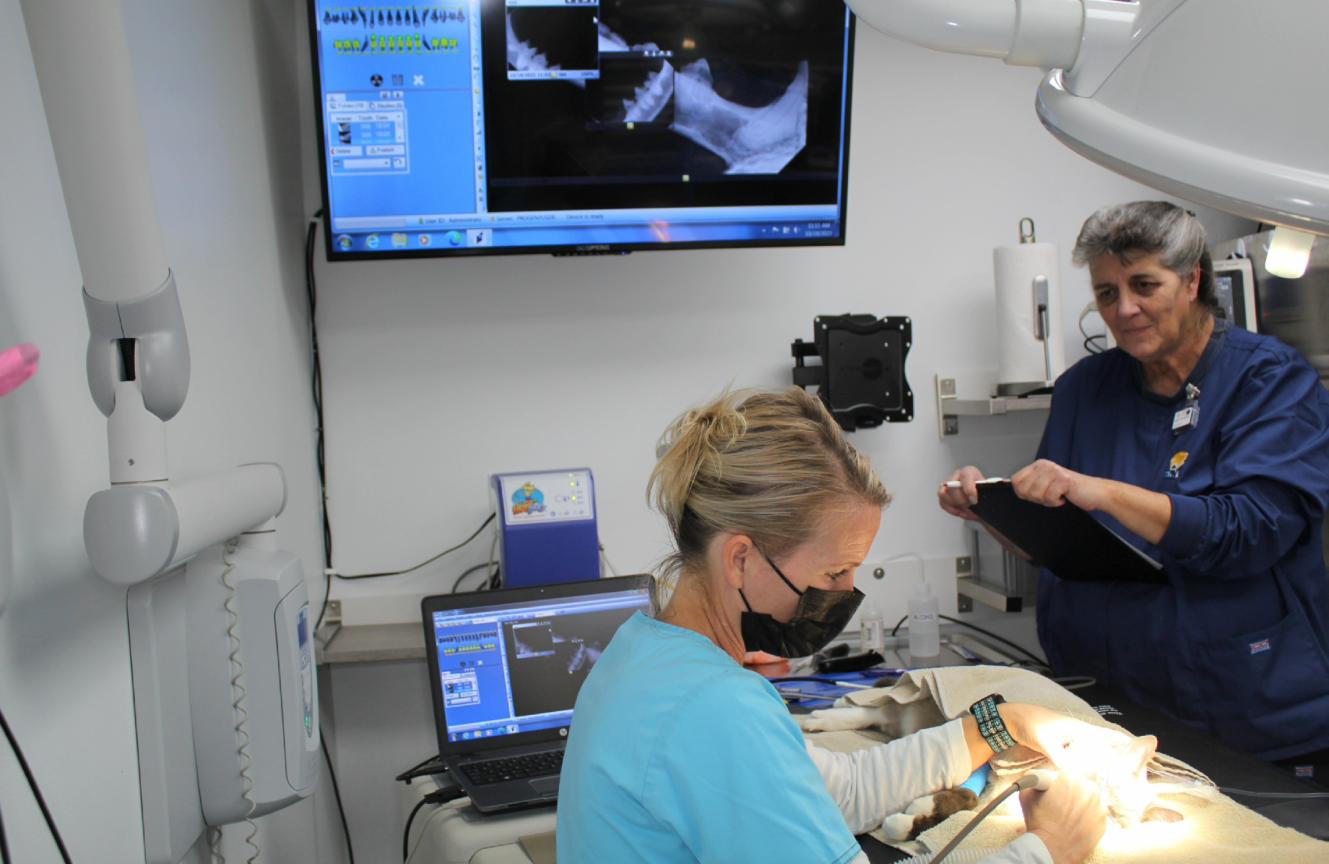Welcome New Clients!
(440) 331-7711
Our veterinary team welcomes you and your pet! Here at Rocky River Animal Hospital, we always welcome new clients and patients to our full-service veterinary hospital. We encourage you to explore our services and call with any questions.

Complete Wellness Care in Rocky River, OH
Routine wellness exams are a critical part of your pet’s healthcare routine to maintain their well-being and detect any medical issues before they progress. During your pet’s wellness exam, we will conduct an in-depth nose-to-tail examination and advise you on all aspects of your pet's care.
Comprehensive Care
Preventative Services
Surgical Services
Diagnostics


Very caring and professional in how they handle your pet and your concerns. From the office staff, to the techs, to the doctors, you'll know that you and your pet are in very capable hands.
Kay F.

Highly Rated on Google Reviews!
 75+ Reviews
75+ Reviews
Pet Dentistry in Rocky River, OH
Just like humans, pets require regular oral care to keep them from developing dental disease. Improper care of your pet's teeth can become very painful and eventually lead to serious illness. Our team is here to help protect your pet’s health and teach you the easy ways you can keep their teeth clean and healthy.
Preventative Care
Oral Exams
Teeth Cleanings
Extractions

Our Story
The Rocky River Animal Hospital team proudly serves the Rocky River, OH community and surrounding areas. We understand your pet is part of your family and we will do everything we can to ensure they live a long and healthy life. Our team stays up to date on modern medicine so we can ensure your pet receives the best care possible. We look forward to becoming your partner in your pet's healthcare.
Book an Appointment
